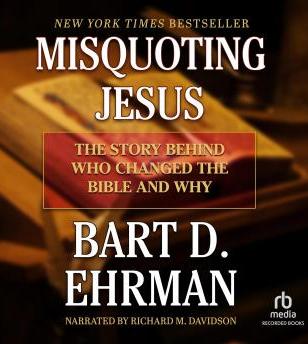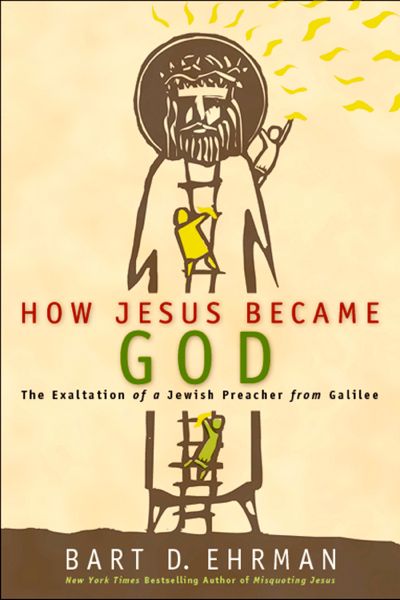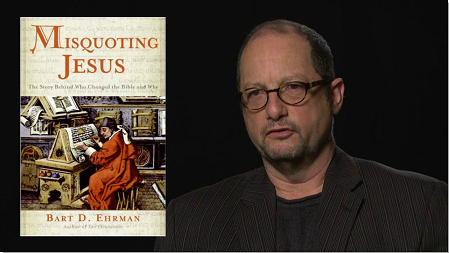|
home | what's new | other sites | contact | about |
|||||
|
Word Gems exploring self-realization, sacred personhood, and full humanity
Prof. Bart D. Ehrman
return to the main-page article on "Bible"
Dr. Ehrman speaks of this in his book, "Misquoting Jesus."
“An interesting illustration of the intentional change of a text is found in one of our finest old manuscripts, Codex Vaticanus… made in the fourth century. “In the opening of the book of Hebrews there is a passage in which, according to most manuscripts, we are told that, ‘Christ bears [Greek: PHERON] all things by the word of his power’ (Heb. 1:3). “In Codex Vaticanus, however, the original scribe produced a slightly different text, with a verb that sounded similar in Greek; here the text instead reads: ‘Christ manifests [Greek: PHANERON] all things by the word of his power.’ “Some centuries later, a second scribe read this in the manuscript and decided to change the unusual word manifests to the more common reading bears – erasing the one word and writing in the other. “Then, again some centuries later, a third scribe read the manuscript and noticed the alteration his predecessor had made; he, in turn, erased the word bears and rewrote the word manifests. He then added a scribal note in the margin to indicate what he thought of the earlier, second scribe. The note says: ‘Fool and knave! Leave the old reading, do not change it!’ ... "Saying that Christ reveals all things by his word of power is quite different from saying that he keeps the universe together by his word!"
|
|||||
|
|



